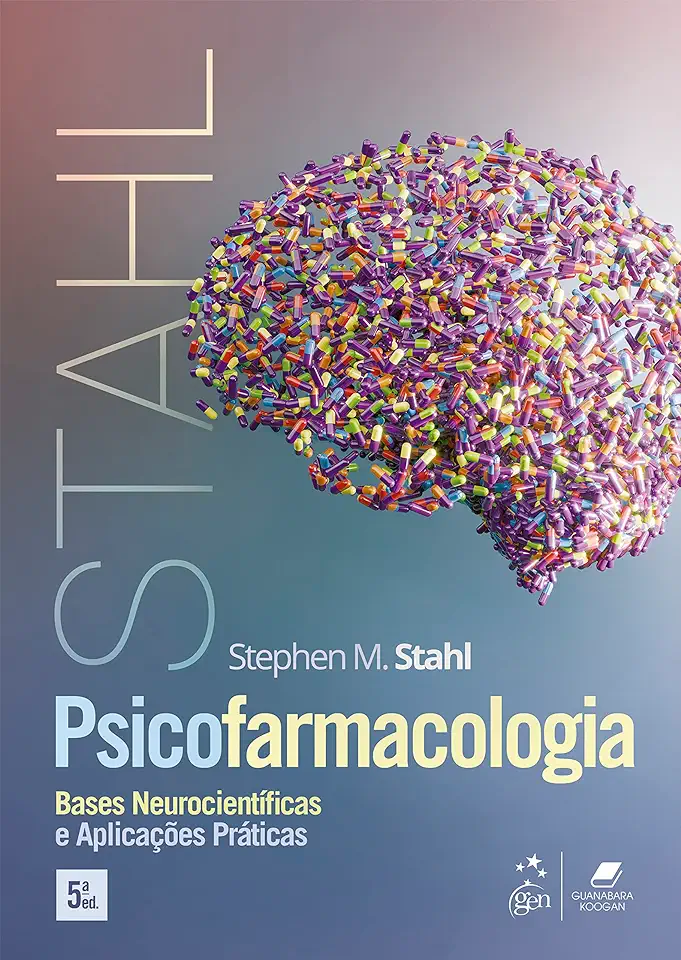
Psychopharmacology - Neuroscientific Basis and Practical Applications - Stahl
Psychopharmacology: Neuroscientific Basis and Practical Applications
By Stahl, Stephen M.
Introduction
Psychopharmacology is the study of how drugs affect the mind and behavior. It is a relatively new field, but it has already made a significant impact on the treatment of mental illness. Psychopharmacology has helped to develop new drugs that are more effective and have fewer side effects than older medications. It has also helped us to understand how the brain works and how it is affected by drugs.
The Neuroscientific Basis of Psychopharmacology
The neuroscientific basis of psychopharmacology is the study of how drugs interact with the brain. This research has shown that drugs can affect the brain in a variety of ways, including:
- By altering the levels of neurotransmitters in the brain. Neurotransmitters are chemicals that transmit signals between neurons. Drugs can increase or decrease the levels of neurotransmitters, which can change the way that the brain functions.
- By blocking or activating receptors in the brain. Receptors are proteins on the surface of neurons that bind to neurotransmitters. Drugs can block or activate receptors, which can change the way that the brain responds to neurotransmitters.
- By changing the way that neurons communicate with each other. Drugs can change the way that neurons communicate with each other, which can change the way that the brain processes information.
The Practical Applications of Psychopharmacology
The practical applications of psychopharmacology are the use of drugs to treat mental illness. Psychopharmacology has been used to treat a wide variety of mental illnesses, including:
- Depression
- Anxiety
- Bipolar disorder
- Schizophrenia
- Attention deficit hyperactivity disorder (ADHD)
- Obsessive-compulsive disorder (OCD)
- Post-traumatic stress disorder (PTSD)
Psychopharmacology has also been used to treat substance abuse disorders and eating disorders.
The Benefits of Psychopharmacology
Psychopharmacology has a number of benefits, including:
- It can help to relieve symptoms of mental illness. Psychopharmacology can help to reduce symptoms of mental illness, such as depression, anxiety, and hallucinations.
- It can improve quality of life. Psychopharmacology can help people with mental illness to live more fulfilling lives. They may be able to work, go to school, and socialize more easily.
- It can save lives. Psychopharmacology can help to prevent suicide and other self-harm behaviors.
The Risks of Psychopharmacology
Psychopharmacology also has some risks, including:
- Side effects. Drugs can have side effects, such as nausea, dizziness, and drowsiness. Some side effects can be serious.
- Drug interactions. Drugs can interact with each other and with other substances, such as alcohol and caffeine. These interactions can cause serious problems.
- Addiction. Some drugs can be addictive. This is a risk for people who have a history of substance abuse.
Conclusion
Psychopharmacology is a powerful tool that can be used to treat mental illness. However, it is important to be aware of the benefits and risks of psychopharmacology before taking any medication.